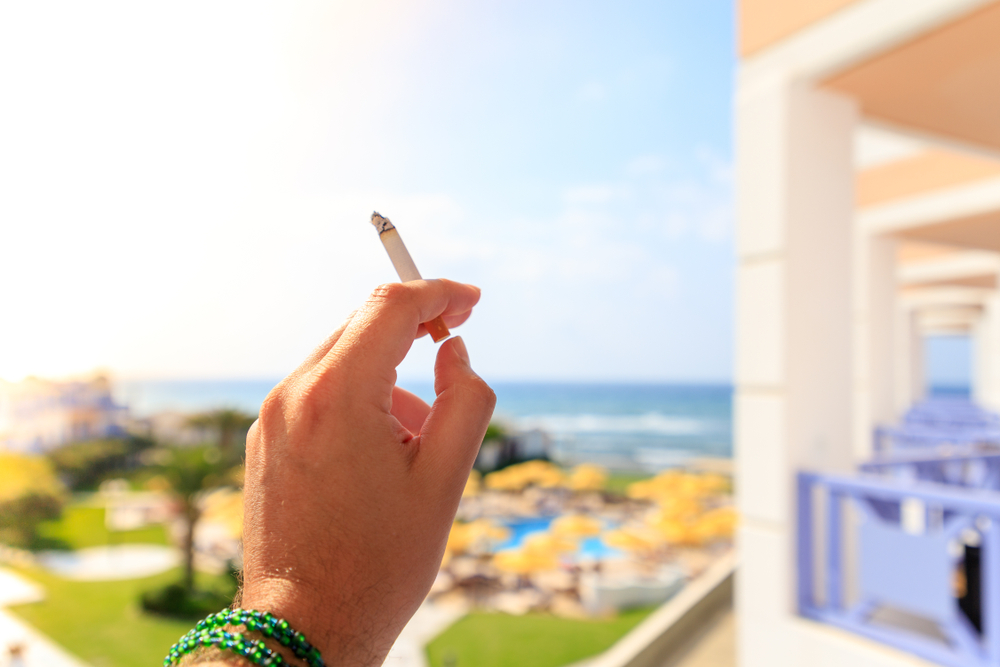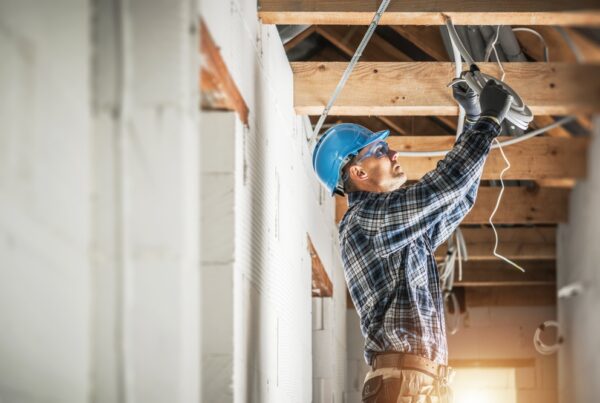As of May 1, a body corporate is able to make by-laws banning residents from smoking or vaping on a private balcony following changes to the Body Corporate and Community Management Act 1997 (the Act).

The legislation passed last year, along with amendments that included preventing bodies corporate banning pets, simplifying the process for the towing of vehicles and providing a lower threshold for voting on terminating schemes for economic reasons.
Of all the amendments, though, allowing bodies corporate to make by-laws that prohibit the use of smoking products on common property, an outdoor area or within the boundaries of a unit’s balcony or courtyard, may have the greatest impact.
Smoking products includes vapes.
The legislation considers that regularly exposing a person in another lot or on common property to second-hand smoke is a nuisance, a hazard and an unreasonable interference.
The need to update the legislation to include ‘smoke drift’ as a nuisance followed a landmark ruling by an adjudicator from my office and consultation with stakeholders.
The ruling was handed down in December 2021 in response to a complaint lodged by a ninth-floor resident and apartment owner at Artique Resort, Surfers Paradise.
The dispute related to smoke, which was wafting into their apartment from an owner/occupier smoking in their eighth-floor apartment.
The adjudicator determined that second-hand smoke was not only a nuisance but also a ‘hazard’.
In the past, dispute applications lodged about smoke drift were based on it being a nuisance but not the hazard aspect of section 167 of the Body Corporate and Community Management Act 1997.
There is enough scientific evidence regarding second-hand smoke being a health hazard, so the adjudication was not surprising.
However, for bodies corporate to pass a by-law banning smoking on balconies and on common property, it will need a minimum two-thirds majority at an AGM.
As bodies corporate ban smoking within courtyards, balconies and in common areas, we are expecting more inquiries regarding this new legislation.
Whenever there are changes to the Act, we do have a spike in complaints and inquiries. For some residents, it is going to have an impact on their lives, because smoking is a hard habit to break.
Bodies corporate, who ban smoking within courtyards or balconies, could consider a designated and sheltered smokers’ area on common property that does not impact other residents.
This type of designated area could be like those within licensed premises – should a body corporate choose to go down this path.
Besides changes to body corporate legislation, schemes may also be impacted by the minimum housing standard introduced through rental reforms.
From September 1, 2024, any owners of apartments with existing tenancy leases must ensure they meet the minimum housing standards.
These requirements include adequate plumbing and drainage, a property to be weatherproof, secure, structurally sound, including external balustrades, and free of mould.
It means unit owners will be more accountable and will need to pay more attention to the condition of their property, which in some cases may include common property.
It is recommended that bodies corporates act quickly so all maintenance requests that are a body corporate responsibility are acted on, to ensure properties can remain tenanted.
Written by Jane Wilson, Queensland’s Body Corporate and Community Management Commissioner.









